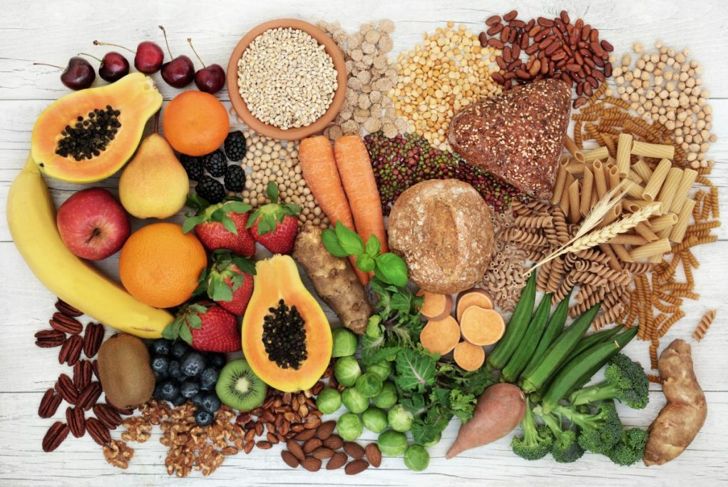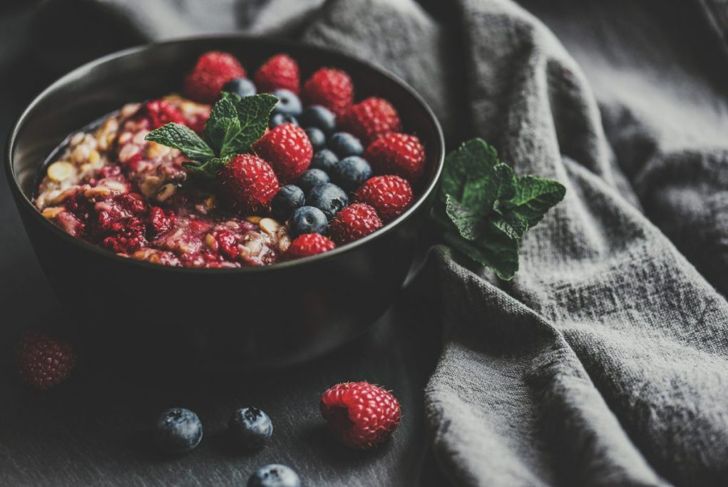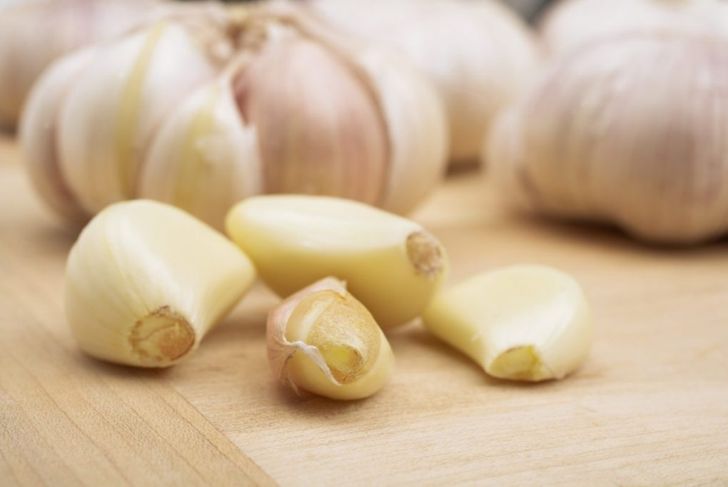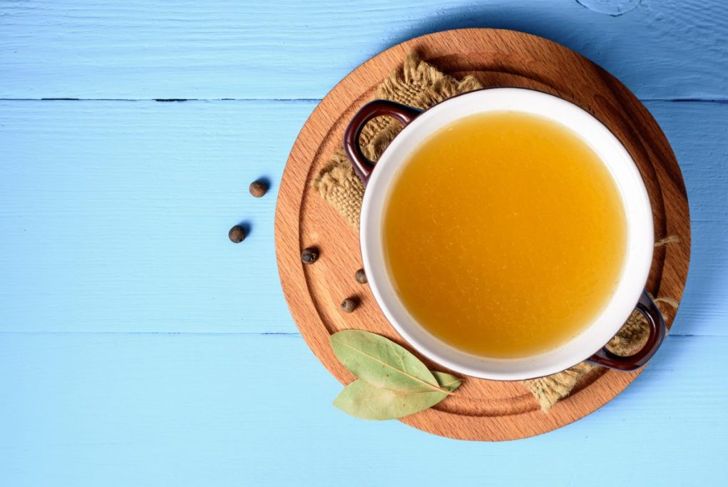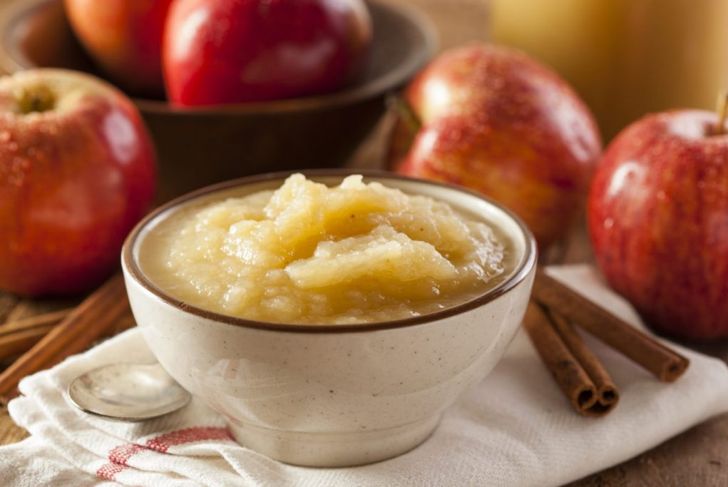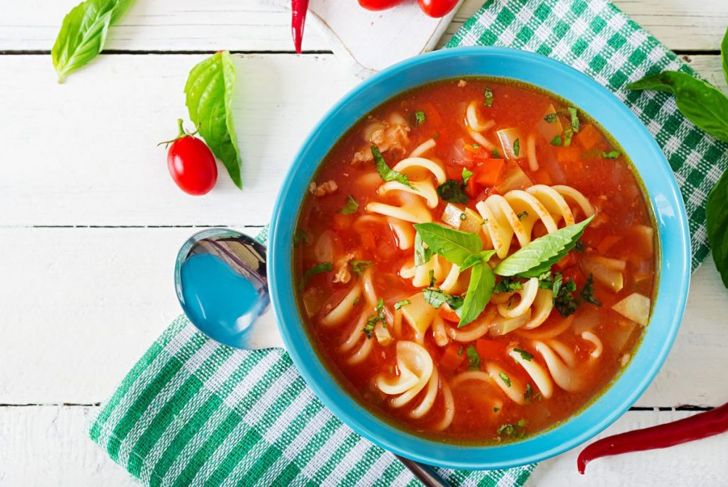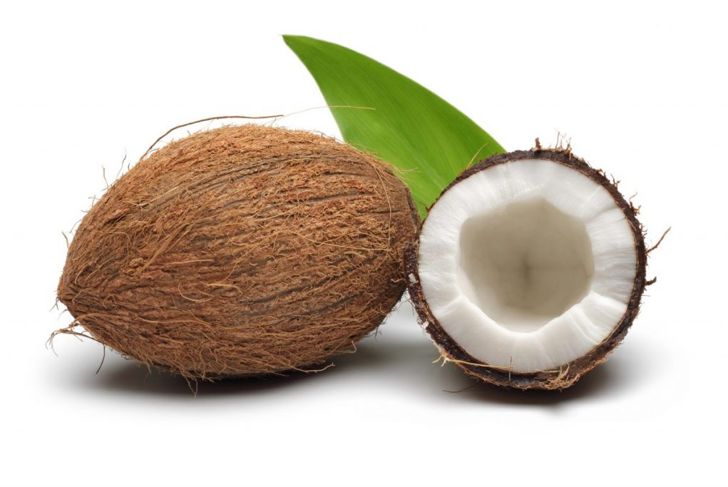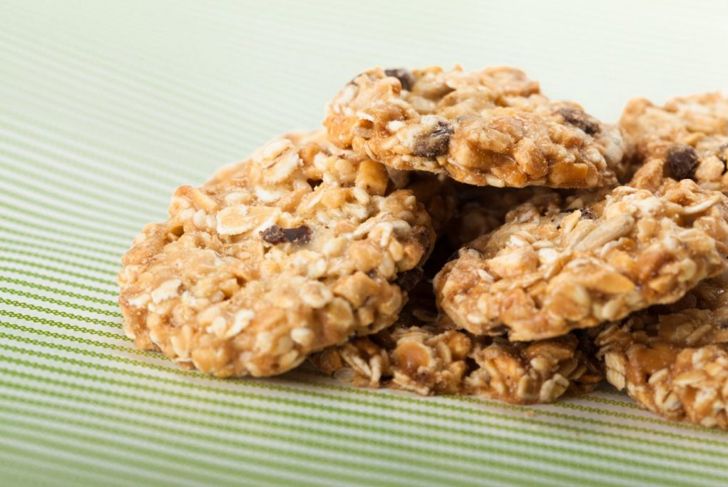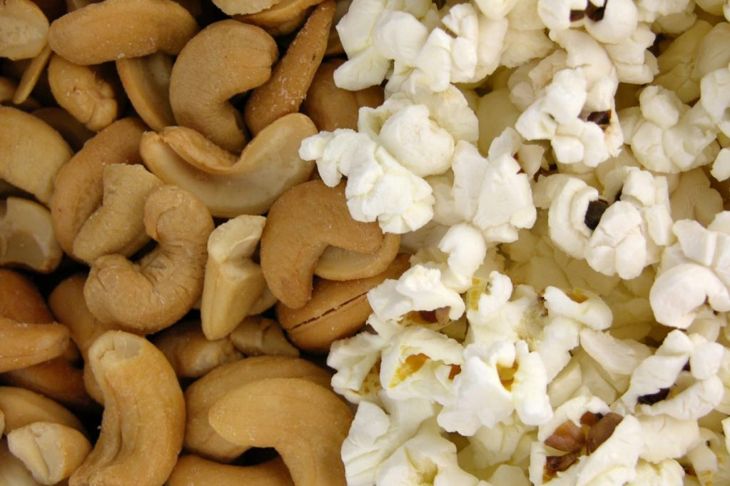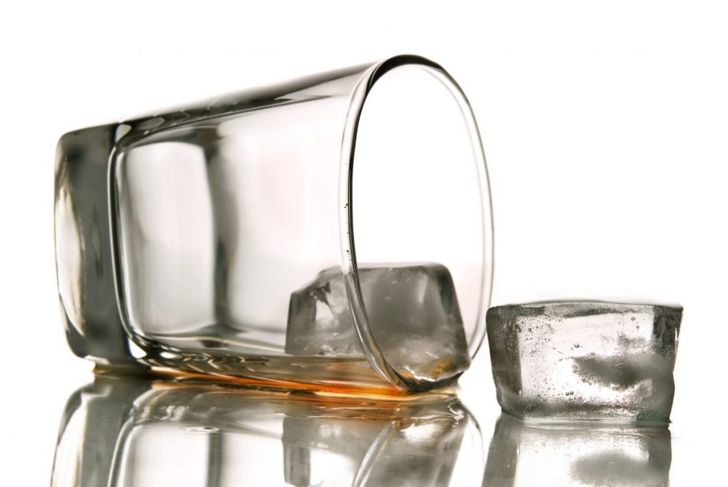Diverticulitis is a common disease that affects the digestive tract, and will often not show symptoms. But for those who experience issues when they eat certain foods, choosing foods that don’t trigger symptoms can be a challenge. Though there are no medically prescribed diverticulitis diets, some research shows that following a high-fiber diet and limiting the consumption of trigger foods may help ease symptoms and prevent flare-ups.
High-Fiber Foods
Symptoms of diverticulitis vary from person to person. Some foods that seem to benefit one person may cause issues for another. However, recent studies show that high-fiber foods may go a long way in reducing symptoms. Research also indicates that avoiding high-fiber foods during flare-ups can reduce gastrointestinal discomfort. The best high-fiber foods to eat when you are not experiencing a flare-up of symptoms are: beans and legumes, fruits, vegetables, and whole grains.
Tasty, High-Fiber Breakfast Ideas
Many people choose oatmeal as a healthy breakfast alternative to sugary, boxed cereals, but oats can sometimes cause digestive issues for those who have diverticulitis. Instead, try quinoa porridge with berries and cinnamon instead of oatmeal. Quinoa is an incredibly healthy food that is high in fiber, protein, and antioxidants. It also provides all essential amino acids, magnesium, calcium, and more. Quinoa porridge will last up to five days in the refrigerator, so prepare it in bulk for a convenient go-to breakfast.
Avoid High-FODMAP Foods
FODMAP foods are carbohydrates and sugars that the body cannot easily digest. Keep in mind that FODMAP intolerance is not an allergy, but a reaction to certain foods triggered by the good bacteria found in the colon that ferment carbohydrates. Additionally, the condition causes there to be too much water in the large intestine, resulting in diarrhea, bloating, and gas. Early research suggests that some people with diverticulitis may benefit from limiting FODMAP foods. These foods include:
Stone fruits such as apples, pears, plums and watermelon
Dried fruits
Dairy foods with lactose, including milk, ice cream, cottage cheese, and yogurt
Garlic
Onions
Vegetables such as asparagus, celery, cabbage, cauliflower, sweet corn, and artichokes
What to Eat During Flare-Ups
Many physicians advise their patients to follow a clear liquid diet for a few days during diverticular flare-ups, resuming normal food intake after the symptoms subside. They also warn that the nutritional value of this diet is not adequate for extended periods. Clear, fat-free broth, consomme, or bouillon is the staple of this diet because they are easy to digest. Fruit and vegetable juices without pulp provide some variety and essential nutrition. Coffee is an acceptable beverage for a clear liquid diet as well unless it causes stomach discomfort.
After the Flare-Up: Easing Into a Normal Diet
For the first four to six weeks following a liquid diet, it is important to ease back to a normal diet. During this time, a physician may advise a low-fiber or low-residue diet to avoid certain foods that could cause another flare-up. Most diets recommend limiting the daily intake of dairy products. The physician may also recommend white bread instead of whole wheat because it is less likely to lead to additional symptoms. Applesauce is another common food for transitioning between a liquid diet and a normal diet. Instead of caffeinated, sugary drinks, try flavored waters instead.
Easy-On-The-Digestive-System Entrees
Just because a meal has some restrictions does not mean it can’t be delicious. Soups are both flavorful and convenient. Try a delicious minestrone soup but substituting canned chickpeas instead of the beans. You can also try dicing your veggies to replace large chunks and allow for easier digestion. Adding a small amount of finely chopped celery and green leak tips to the soup add flavor without causing a strain on the digestive system. Steamed salmon is also gentle on the stomach while providing a healthy dose of nutrition as well.
Fatty, Sugary Foods
Most dieticians and physicians recommend that people with diverticulitis avoid foods that are high in fat or sugar, especially when symptoms, such as bloating, diarrhea, gas, or cramping, appear. For some individuals, fried foods, dairy products, and foods with artificial sweeteners exacerbate the discomfort that accompanies diverticulitis. Other people may experience issues with specific foods used as condiments, including maple syrup, pickles, coconut, and large amounts of sugar. Caffeinated beverages such as coffee, lattes, and sodas cause discomfort, pain, or bloating for some people as well.
Low-Fiber and High-Fiber Desserts
If a physician advises a low-fiber diet, it doesn’t mean desserts are no longer an option. Try rice puddings as an option, or soft pies. Avoid desserts with coconut or dried fruits. For those who seek high-fiber dessert options to increase their daily fiber intake, consider baking a batch of chocolate chip oat cookies. Instead of white flour, this cookie substitutes a combination of oat flour and whole wheat flour instead.
Nuts and Popcorn
In the past, doctors advised their patients with diverticulitis to avoid seeds, nuts, and popcorn because of the theory that they caused diverticular bleeding. But a 2008 study found no scientific evidence that nuts and popcorn caused problems for individuals with diverticulitis. They add solid fiber to a person’s diet. These foods don’t usually cause symptoms for most people either. However, if an individual is experiencing a flare-up, doctors may advise them to avoid eating popcorn, nuts, peanut butter, and other types of nut butter.
Alcohol and Diverticulitis
In general, individuals experiencing digestive problems should avoid alcohol. Though it is important to note that a 2018 study published in the Hawaii Journal of Medicine and Health found that regular alcohol consumption did not contribute to incidences of diverticular attacks. Still, the medical community suggests that those with diverticulitis moderate their alcohol consumption. Previous studies have shown that drinking too much alcohol can impair the motility of the colon and increase pressure within it. Those who experience digestive discomfort after consuming alcohol should discontinue consumption and contact their physician.

 Home
Home Health
Health Diet & Nutrition
Diet & Nutrition Living Well
Living Well More
More